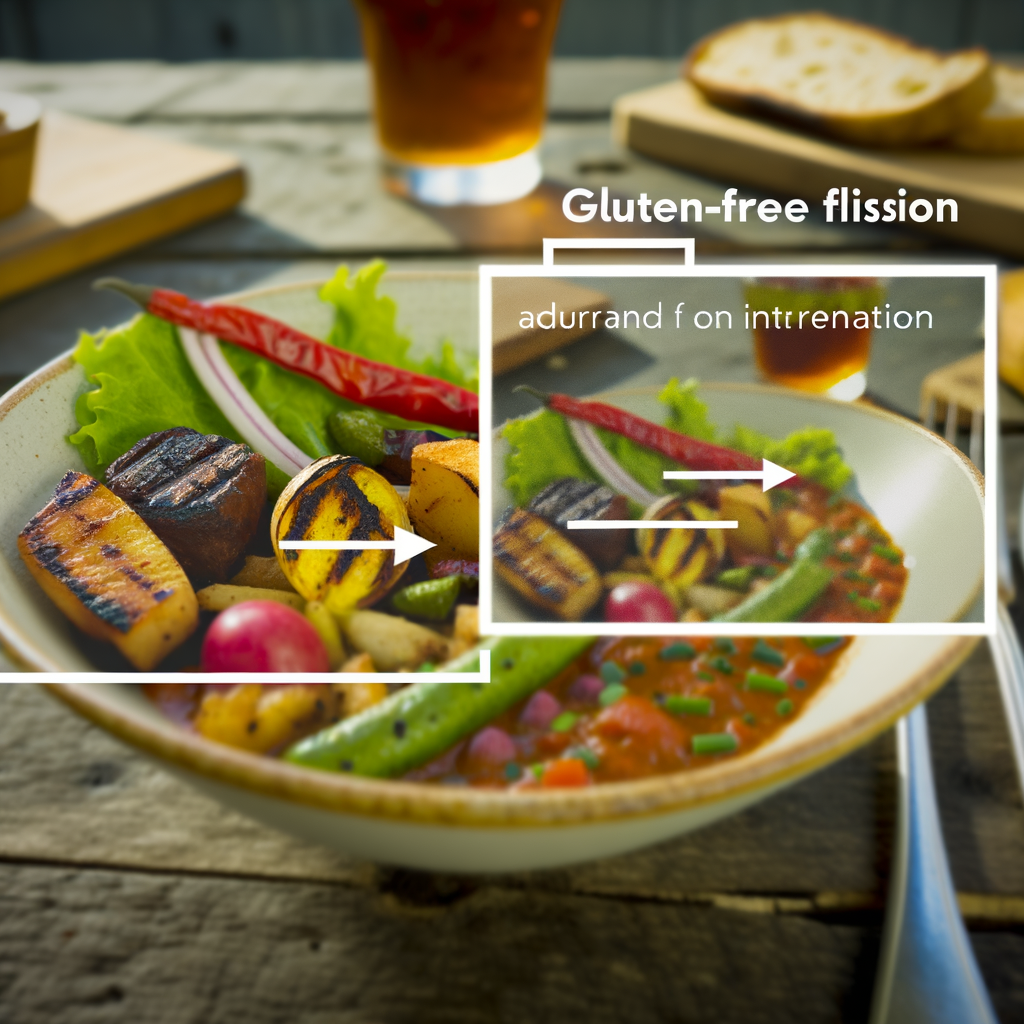As the awareness of food allergies and intolerances continues to rise, more and more people are opting for gluten-free diets. Gluten-free diets have gained popularity not just among those with celiac disease or gluten sensitivity, but also among individuals looking to improve their overall health. But what exactly is gluten and why are so many people choosing to avoid it?
Gluten is a protein found in wheat, barley, and rye. This means that foods like bread, pasta, and cereal are typically off-limits for those following a gluten-free diet. The goal of a gluten-free diet is to eliminate gluten-containing foods and replace them with gluten-free alternatives, such as rice, quinoa, and corn.
So why are people choosing to go gluten-free? Some may have adverse reactions to gluten, such as bloating, stomach pain, or skin rashes. Others may find that eliminating gluten helps with weight loss, digestion, or overall energy levels. However, it’s important to note that going gluten-free is not a guaranteed way to improve health or lose weight. In fact, some gluten-free products can be higher in calories and sugar than their gluten-containing counterparts.
If you’re considering going gluten-free, it’s important to consult with a healthcare professional first. They can help determine if you have a gluten intolerance or if a gluten-free diet is necessary for your health. They can also provide guidance on how to properly balance your meals and ensure you’re getting all the necessary nutrients in your diet.
In conclusion, while going gluten-free may offer some health benefits for certain individuals, it’s important to approach it with caution and guidance from a healthcare professional. It’s also crucial to remember that a gluten-free diet is not a one-size-fits-all solution for everyone.





